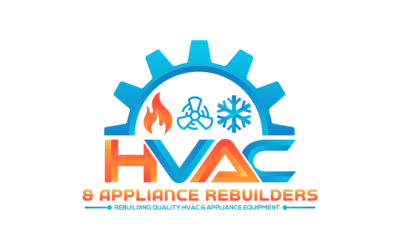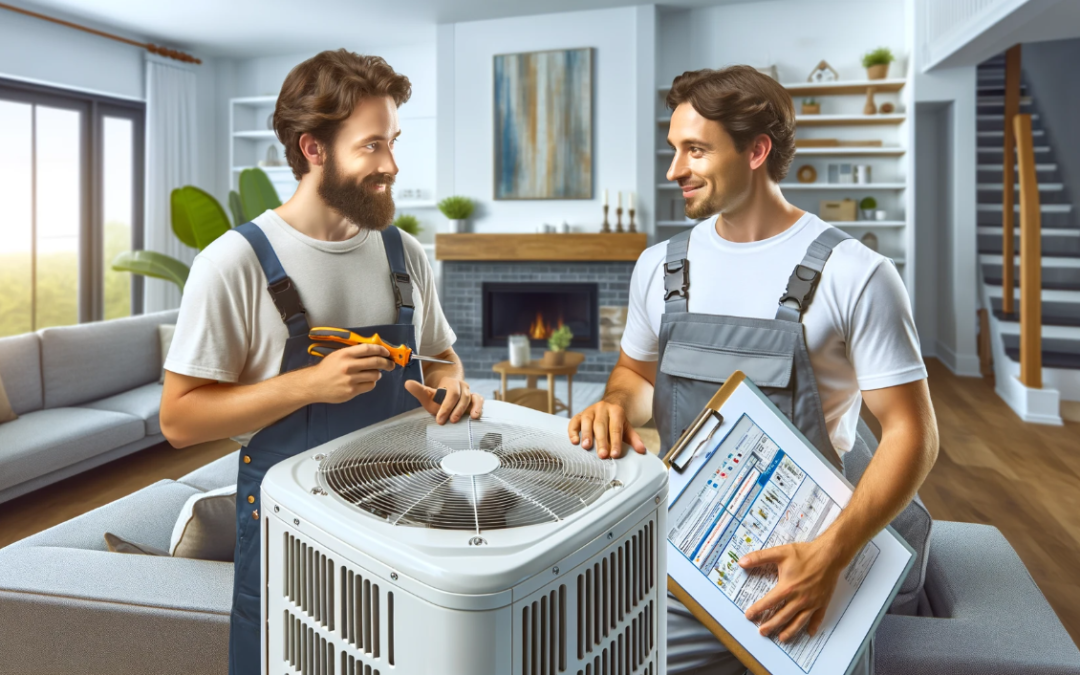Introduction
As a tenant, understanding the heating and cooling systems in your rental property is crucial for maintaining comfort and ensuring efficient energy use. If your rental property is equipped with a heat pump, you are benefiting from one of the most energy-efficient HVAC systems available. This guide will help you understand how heat pumps work, how to operate them efficiently, and what maintenance tasks you can perform to keep them running smoothly.
Understanding Heat Pumps
How Heat Pumps Work
A heat pump is an HVAC system that provides both heating and cooling by transferring heat between the inside and outside of your home. In the winter, it extracts heat from the outside air (even in cold temperatures) and moves it indoors. In the summer, it reverses the process, removing heat from your home and releasing it outside, much like an air conditioner.
Benefits of Heat Pumps for Tenants
Energy Efficiency
- Heat pumps are highly efficient, often using less electricity than traditional heating and cooling systems, which can help lower your utility bills.
Consistent Comfort
- Heat pumps provide consistent indoor temperatures by maintaining a steady flow of conditioned air, ensuring your living space is comfortable year-round.
Environmental Impact
- By using renewable energy sources, heat pumps reduce your carbon footprint, making them a more environmentally friendly option.
Operating Your Heat Pump Efficiently
Optimal Settings
- Set your thermostat to an energy-efficient temperature. In the winter, aim for around 68°F (20°C) when you’re home and lower when you’re away. In the summer, try 78°F (26°C) or higher when you’re home.
Use Programmable Thermostats
- If your heat pump is equipped with a programmable thermostat, use it to create a schedule that aligns with your daily routine. This can help optimize energy use and maintain comfort.
Avoid Frequent Temperature Changes
- Try to avoid making frequent adjustments to the thermostat, as this can cause the heat pump to work harder and use more energy.
Maintenance Tips for Tenants
Regular Filter Changes
- Check and replace the air filter regularly, typically every 1-3 months, to ensure proper airflow and efficiency. A clean filter can improve indoor air quality and extend the life of the heat pump.
Keep Outdoor Unit Clear
- Ensure the outdoor unit is free from debris, leaves, and snow. This helps maintain proper airflow and prevents the system from overworking.
Report Issues Promptly
- If you notice any unusual noises, poor performance, or other issues with the heat pump, report them to your landlord or property manager immediately. Early detection of problems can prevent costly repairs and prolonged discomfort.
Communicating with Your Landlord
Understanding Responsibilities
- Familiarize yourself with the terms of your lease regarding HVAC maintenance and responsibilities. While routine maintenance tasks like filter changes might be your responsibility, repairs and professional servicing are typically handled by the landlord.
Scheduling Professional Maintenance
- Encourage your landlord to schedule regular professional maintenance checks. These checks are essential for ensuring the heat pump operates efficiently and lasts longer.
Conclusion
Understanding and properly maintaining the heat pump in your rental property can significantly enhance your comfort and reduce energy costs. By following the tips outlined in this guide, you can ensure your heat pump operates efficiently and effectively, providing a comfortable living environment year-round. If you have any questions or concerns about your heat pump, don’t hesitate to reach out to your landlord or property manager for assistance.

